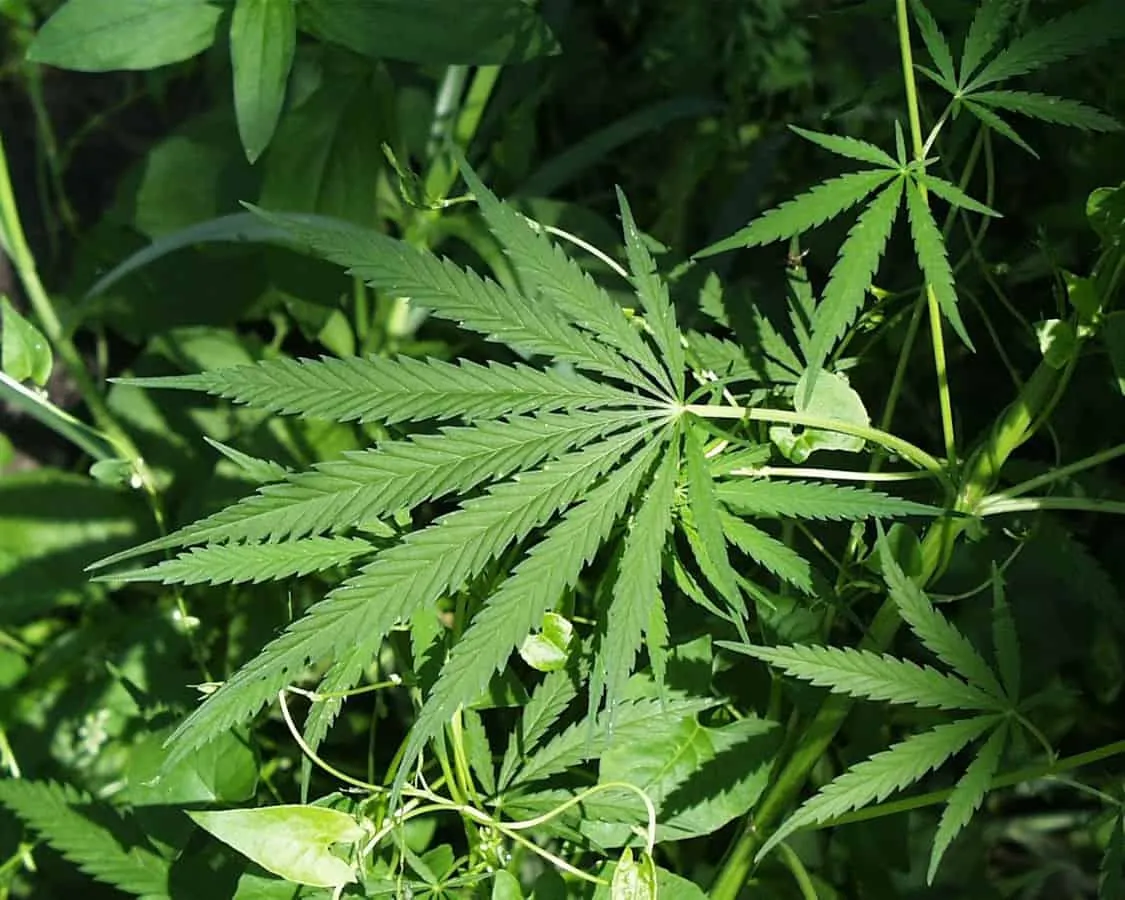Is Weed Legal in Texas in 2023? Let’s Find Out
As of October 31, 2023, the status of recreational marijuana in Texas remains unchanged: it is still illegal. However, recent developments in the Lone Star State suggest that the landscape of cannabis laws may be evolving. In 2023, the Texas House passed a significant bill that seeks to decriminalize the possession of small amounts of marijuana. Although this bill is currently pending in the Senate, it signifies a potential shift toward legalizing recreational marijuana in Texas.
While the decriminalization bill is a promising step, it’s not the only indicator of change. Another bill is making its way through the legislative process, one that aims to legalize and regulate recreational marijuana for adults aged 21 and older. Although this bill is still in its early stages, its introduction highlights the increasing support for marijuana legalization in Texas.
The fate of these bills in the Texas Legislature in 2023 remains uncertain. Yet, the mere fact that they are being introduced and debated reflects a growing sentiment in favor of marijuana legalization in the state. There is potential for Texas to join the ranks of states where recreational marijuana has been embraced, but the journey is far from over.
Decriminalization on the Horizon
The bill passed by the Texas House in 2023 proposes to decriminalize the possession of up to 2 ounces of marijuana. Currently, the possession of any amount of cannabis is subject to criminal penalties in the state. If this bill were to become law, individuals caught with small amounts of marijuana would face civil fines rather than criminal charges, reducing the burden on the criminal justice system and the lives of those affected.
While this decriminalization bill is still pending approval in the Senate, it has sparked discussions and hopes among proponents of marijuana reform in Texas. Advocates argue that decriminalization would not only be a more humane approach to dealing with marijuana-related offenses but could also have economic benefits for the state.
Path to Legalization
Beyond decriminalization, there is a more ambitious proposal on the table – one that could potentially open the doors to full legalization. Another bill is working its way through the Texas House, aiming to legalize and regulate recreational marijuana for adults over the age of 21.
This bill, still in the early stages of the legislative process, outlines a comprehensive framework for regulating the cannabis industry. If passed, it could establish rules for licensing, taxation, and the safe distribution of cannabis products. The bill represents a more significant leap toward full legalization and would align Texas with the growing number of states embracing the economic and social potential of the cannabis industry.
Growing Support for Legalization
While the outcome of these bills remains uncertain, the fact that they have made their way to the Texas Legislature is a testament to the growing support for marijuana legalization in the state. Advocacy groups and individuals have been pushing for reform, citing the potential economic benefits, criminal justice reform, and personal freedom.
The push for marijuana legalization is not confined to a single demographic or political group. Support spans across different age groups, political affiliations, and backgrounds, illustrating the widespread appeal of this issue. Public opinion surveys show a steady increase in support for marijuana legalization, both for medicinal and recreational purposes, indicating a shifting tide in the state’s perspective on cannabis.
Medical Marijuana in Texas
While recreational marijuana remains illegal in Texas, the state has taken a step towards more compassionate marijuana policies by legalizing medical marijuana for patients with qualifying conditions. To access medical marijuana, patients must register with the state and obtain a prescription from a licensed physician.
Medical marijuana laws in Texas are relatively restrictive compared to those in other states, with a limited list of qualifying conditions, such as epilepsy, multiple sclerosis, and certain types of cancer. Nevertheless, this step demonstrates a recognition of the potential therapeutic benefits of cannabis and a willingness to provide relief to patients who may find it beneficial.
Further Information and Resources
If you’re interested in staying up-to-date on the status of marijuana legalization in Texas or wish to get involved in the movement, several organizations and resources can help:
– Texas NORML: The National Organization for the Reform of Marijuana Laws in Texas is a leading advocate for cannabis reform in the state. Their website offers a wealth of information and opportunities to get involved.
– Marijuana Policy Project: A national advocacy group dedicated to reforming marijuana laws, the Marijuana Policy Project provides resources and support for campaigns across the country, including in Texas.
– Drug Policy Alliance: A prominent organization focused on promoting policies that prioritize public health and human rights, the Drug Policy Alliance advocates for drug policy reform, including marijuana legalization.
In conclusion
while recreational marijuana remains illegal in Texas as of October 31, 2023, there are promising signs of change on the horizon. The decriminalization bill passed by the Texas House and the proposed legislation for recreational legalization both indicate a shift in the state’s approach to marijuana. As public opinion and political support continue to evolve, it is possible that Texas could join the growing list of states where recreational marijuana is legalized. In the meantime, medical marijuana remains a legal option for those with qualifying conditions, offering relief to some patients in need. The journey toward full marijuana legalization in Texas is underway, and only time will reveal its destination.







